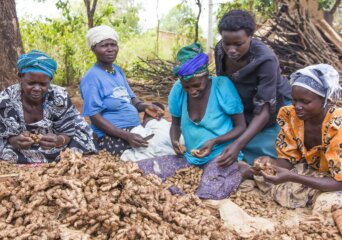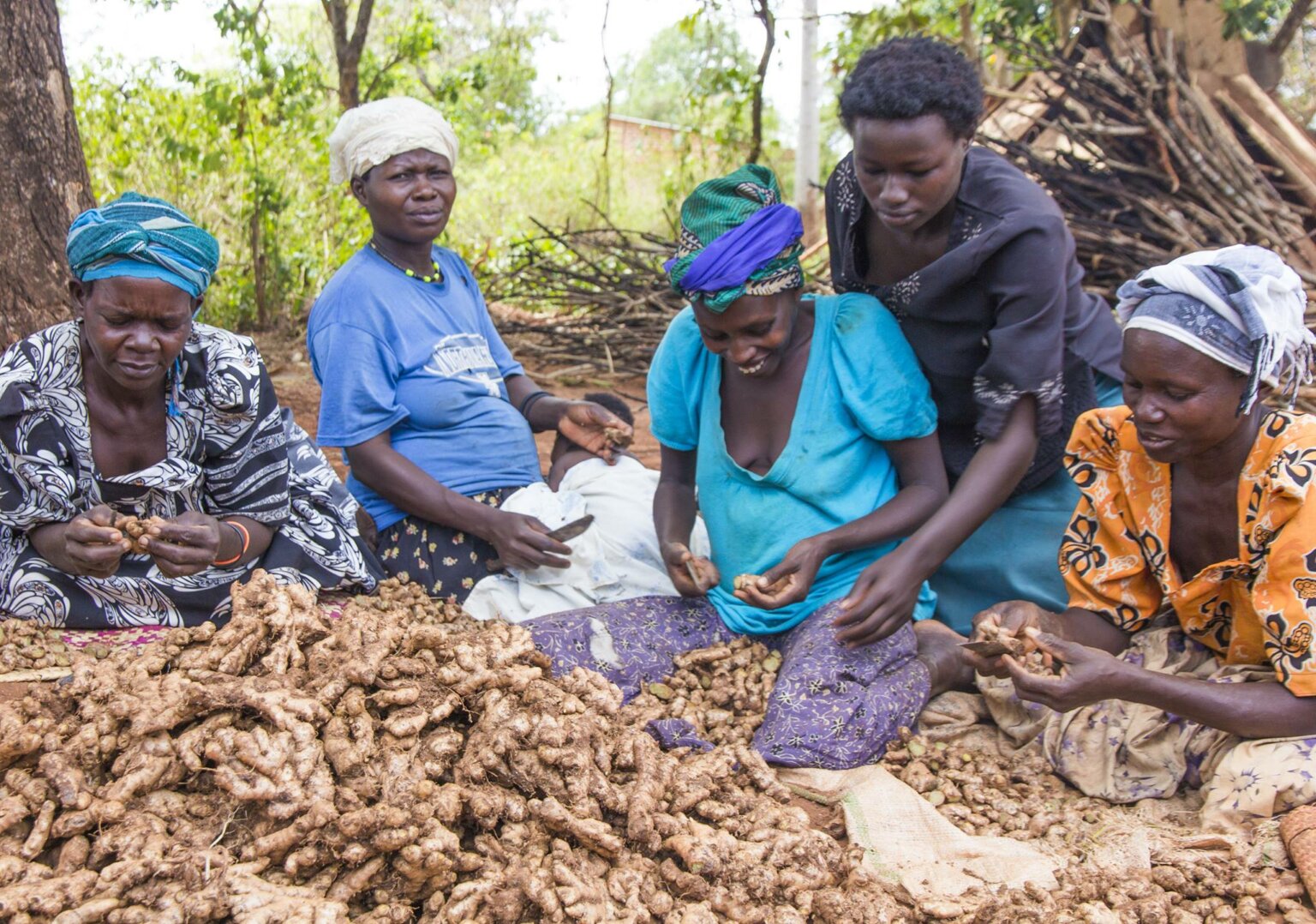- About
- Topics
- Picks
- Audio
- Story
- In-Depth
- Opinion
- News
- Donate
- Signup for our newsletterOur Editors' Best Picks.Send
Read, Debate: Engage.
| topic: | Indigenous people |
|---|---|
| located: | Uganda |
| editor: | Bob Koigi |
Over a decade ago, national authorities evicted the indigenous Bennet people of eastern Uganda from their ancestral land by declaring it a national park. Today, the Bennet people continue to live in inadequate resettlement camps, stripped of their basic rights to decent lives, homes and access to healthcare, water and education.
Indeed, reports indicate that an estimated 18,000 Bennet people live in constant fear following the years of forceful and inhumane evictions, during which eyewitnesses accused law enforcers of beating, shooting, torturing, and unlawfully using force on this community. Despite having lived in the forest around the Mount Elgon area for decades and practicing their daily activities of animal rearing, crop cultivation and cultural rites performances, they have faced constant threats and extortion every time they’ve tried to access the area they have called home for decades.
Another indigenous community in the Apaa region of Northern Uganda has faced the wrath of the Uganda Wildlife Authority officials who have forcibly removed them. Over 35,000 people, from more than 2,000 families, were removed from their homes by force to clear the land for industrial farming projects. Despite the government’s instatement of an inquiry commission to investigate land conflicts following public outcry, the findings are yet to be made public.
At a time when the rights of indigenous people continue to be violated globally, despite the crucial role they play in protecting the world’s biodiversity, we must unite and amplify our voices so governments respect the fundamental rights of indigenous peoples, protect their welfare and develop amicable solutions for solving any conflicts. In the past, governments that have worked closely with indigenous people and respected them have seen successes in conservation; this should inspire other governments to foster peaceful relationships.
Image by Uganda Community Farm

